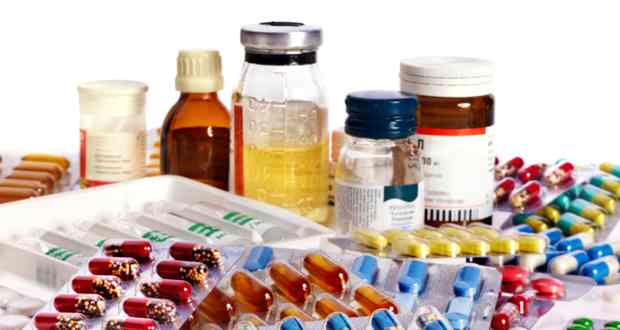Pharmaceutical companies have implemented a substantial price hike on medicines, including essential medications, as per the notification issued by the Drugs Regulatory Authority of Pakistan (DRAP) on 19th May. This surge in prices has directly affected the affordability of commonly used drugs, including Panadol, Pyodine, Brufen, and more.
A recent survey conducted by Profit reveals alarming price increases. For instance, the price of Panadol has risen from RS 26 to RS 32.60, while a bottle of Pyodine has seen an increase from 148 to 250 rupees. The cost of the injection Poburgen, used in surgeries, has skyrocketed from 1125 to 2940 rupees. Even medicines like Clomid tablets have experienced a surge in prices, going from 42 rupees to 63 rupees.
These price increases are not limited to a few medications; they have affected a wide range of drugs, with some witnessing hikes of 20 percent or more. These revised prices have been implemented in the wholesale medicine market, causing additional hardships for low-income patients who already struggle to access necessary healthcare.
Concerns have been raised by Noor Mehr, the President of the Drug Lawyers Forum, regarding the alarming increase in medicine prices. He warns that this rise will contribute to a new wave of inflation, making healthcare more unaffordable for the general public.
Ahmed Jawad, a general physician operating out of Mayo Hospital, sheds light on the potential ramifications of these price hikes. He explains that, “The economic strain imposed on the general populace, especially the underprivileged, could hinder their ability to procure vital medications. This, in turn, may result in untreated ailments and medical complexities, ultimately compromising their overall well-being. Furthermore, Jawad cautions that escalating expenses might push certain individuals towards acquiring lower-cost, inferior drugs, posing potential risks to their health.”
A representative from DRAP, speaking on the condition of anonymity, informed Profit that pharmaceutical companies have been advocating for price hikes in response to increased production costs caused by inflation and the devaluation of the local currency in recent years.
On the other hand, a member of the Pakistan Pharmaceutical Manufacturers’ Association (PPMA) informed Profit that the pharmaceutical industry in Pakistan is currently facing an economic crisis, with companies struggling to replenish their supplies amid a shortage of essential life-saving drugs and other surgical instruments.
The representative mentioned that the industry has been demanding an immediate increase in prices of several essential medicines to keep them in stock due to rising production costs caused by skyrocketing inflation and massive devaluation of the local currency.
He also highlighted pricing disputes between the pharmaceutical industry and the Health Ministry, which have resulted in an acute shortage of critical medicines, forcing patients to rely on smuggled and potentially counterfeit drugs at increased costs.
The representative further added that price increases are often necessary to fund research and development of new drug discoveries.
“The pharmaceutical industry in Pakistan has experienced significant growth in recent decades, with over 800 large-volume pharmaceutical formulation units, including those operated by 25 multinational companies. However, the industry faces challenges such as an import-based model, pricing disputes, quality control issues, economic crises, talent management problems, and legislation prohibiting the sale of brand name drugs,” he said.
He added that the economic crisis in Pakistan has led to difficulties in importing basic necessities, including medicines and active pharmaceutical ingredients (APIs). This shortage of raw materials has further contributed to price hikes, hampering the production and availability of medicines.





The biggest lie
The representative further added that price increases are often necessary to fund research and development of new drug discoveries.